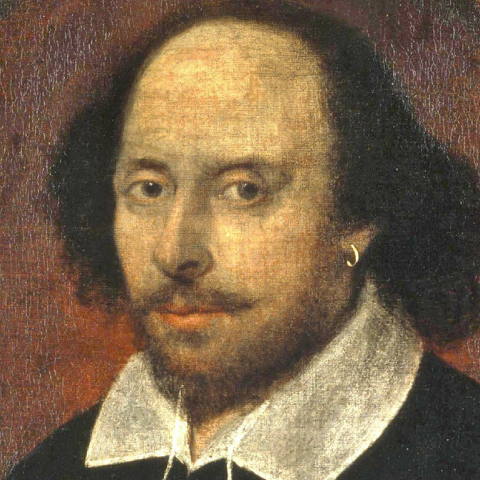William Shakespeare's IQ Is Reported to Be 210

If you had wandered into the Globe Theatre on a balmy London evening in the late 1500s, you would have found a chattering crowd, equal parts boisterous commoners and noblemen, awaiting the appearance of an unknown actor on stage. That actor? William Shakespeare. A name that has since outgrown the modest constraints of time and place to become a universal emblem of creativity, intellect, and the human experience.
But who was the man behind the quill? Was Shakespeare truly a prodigy whose intellectual capacity rivaled that of history's greatest minds? Or was his genius a unique blend of imagination, cultural absorption, and an uncanny knack for connecting with human emotion? His works suggest a complexity of thought that might qualify him as a high-IQ individual. But perhaps the real brilliance lies elsewhere.
The mind behind the works
To say Shakespeare was intelligent is to sell him short. His plays and sonnets teem with intricate wordplay, profound philosophical reflections, and allusions to classical literature. They paint a picture of a mind that wasn’t merely educated but deeply intuitive. For instance, his ability to layer humor, tragedy, and suspense simultaneously – such as the tension between Hamlet’s existential musings and his impulsive actions – implies a mastery of both intellectual rigor and emotional intelligence.Shakespeare’s command of language has no rival. He reportedly introduced over 300 words into the English language, a feat that suggests linguistic creativity of the highest order. Yet, his genius was also collaborative: he wrote for a diverse audience, incorporating bawdy jokes for the “groundlings” while weaving in biblical and classical references for the educated elite. But was Shakespeare’s brilliance innate or cultivated? While his formal education ended early, he likely absorbed volumes of knowledge at Stratford’s local grammar school, starting when he was only six or seven years old. Yet, much about his learning remains speculative. Some claim his writing reflects knowledge of law, medicine, and royal court dynamics – subjects one wouldn’t expect a rural playwright to know. Whether this breadth of understanding came from a towering intellect or from shrewd observation and a voracious curiosity is a question that still stirs debate.
Creative genius or social polymath?
Shakespeare’s intelligence wasn’t merely academic. He had an extraordinary ability to craft characters who resonate across centuries. His women, from Lady Macbeth to Rosalind, display independence and cunning, while his kings are riddled with ambition, doubt, and humanity. His nuanced portrayal of human emotion – for example, a rage-filled Lear, a jealous Othello – points to a writer deeply attuned to the psychological underpinnings of behavior.But intelligence manifests in more than just knowledge; it requires adaptability. Shakespeare lived in a politically charged era, balancing royal patronage with sharp commentary. Plays like Macbeth subtly flattered King James I, while Richard II critiqued monarchal authority. His wit, combined with a social sensitivity that allowed him to please both the court and commoners, suggests an intellect not just in command of facts but capable of deft interpersonal navigation.
Yet there are detractors. Some claim that his prolific output and breadth of insight could not have come from a single man. Conspiracy theories credit other figures, such as Edward de Vere, as the true author of his works. These theories persist, though they often rest more on skepticism about Shakespeare’s humble origins than on substantive evidence.
Legacy: Creativity over computation
Ultimately, reducing Shakespeare’s genius to a raw IQ score misses the point. His true gift lay in bridging the intellectual and the universal. He understood people – how they speak, how they love, and how they fall apart. His works, from the achingly romantic Romeo and Juliet to the haunting nihilism of King Lear, endure because they speak to every corner of the human condition.So, was Shakespeare a high-IQ individual? Probably. But his legacy is less about measurable intelligence and more about immeasurable creativity. His life reminds us that true brilliance lies not just in knowing but in creating... and in teaching us what it means to be alive.
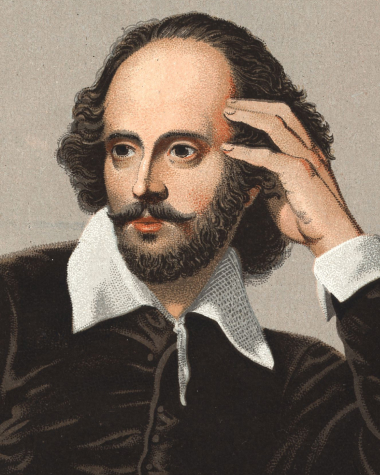

Average Confidence Level
HighWe derived William Shakespeare's IQ from the following three authoritative sources: Business Insider, Reader's Digest and Big Think.
 Confidence Level: High
Confidence Level: High
 Confidence Level: High
Confidence Level: High
 Confidence Level: High
Confidence Level: High
5 Facts That Show William Shakespeare's Genius
- Extensive Vocabulary: William Shakespeare's works demonstrate a remarkable command of the English language, using over 17,000 words across his writings. Many of these words were used for the first time by him, highlighting his linguistic innovation.
- Invented Words: Shakespeare is credited with inventing close to 1,700 words. He transformed nouns into verbs, verbs into adjectives, and connected words never before used together. This creativity expanded the English language significantly.
- Global Influence: Shakespeare's influence is not confined to English literature. His works have been translated into every major living language, attesting to his universal appeal and the deep understanding of human nature reflected in his characters.
- Psychological Insight: The depth with which Shakespeare explored the psychology of his characters was unprecedented. He portrayed complex emotional states and moral dilemmas, illustrating a profound understanding of the human psyche.
- Cultural Impact: The phrases and idioms coined by Shakespeare, such as 'break the ice' and 'wear one's heart on one's sleeve,' are still in everyday use, evidencing his lasting impact on the English language and culture.
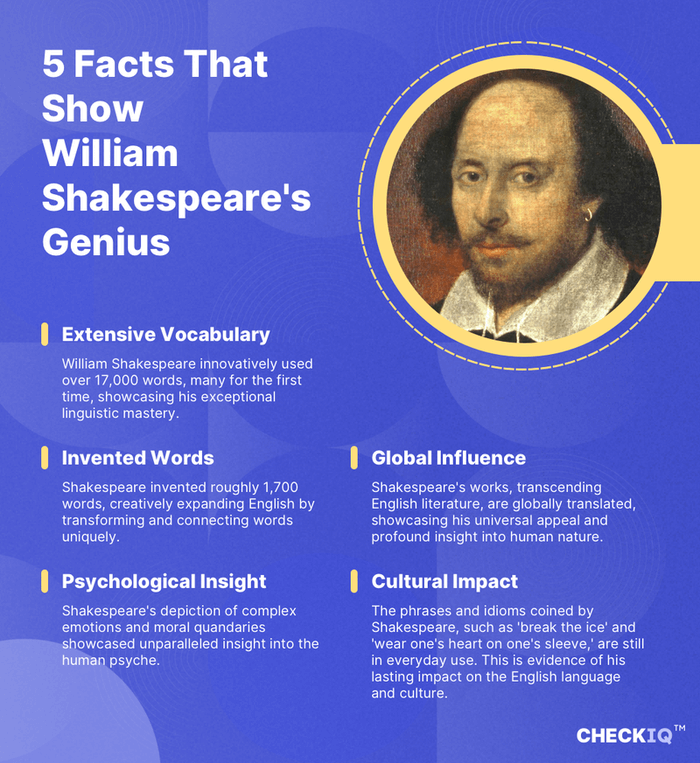
Try our accurate online IQ Test. Get your IQ score immediately.
Start IQ Test
Shakespeare's IQ on the IQ Bell Curve
Although standardized IQ tests didn’t exist in Shakespeare’s time, his intelligence is widely regarded as far above average. By today’s standards, an IQ of 210 would rank among the highest IQs in the world. Such a score would easily surpass the entry criteria for even the most exclusive high-IQ societies.
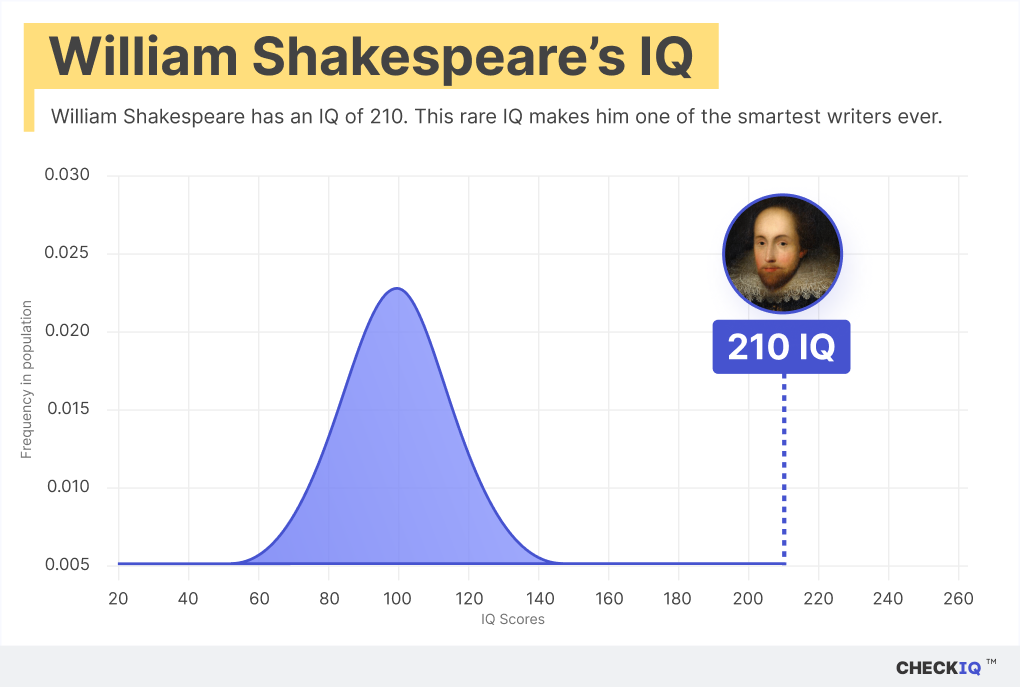
Was Shakespeare Smarter than Voltaire and Other Great Intellectuals?
Shakespeare isn’t the only mind that soared to unimaginable heights. Let’s meet the other great thinkers whose brilliance left indelible marks on history.
Second only to the Bard is Johann Wolfgang von Goethe, whose staggering IQ of 205 is a testament to his boundless mind. Goethe was a playwright, novelist, and scientist. His literary masterpiece Faust explores humanity's thirst for knowledge, while his scientific work on color theory and botany still intrigues scholars today. Goethe’s intelligence was a fusion of art and science, proving that genius isn’t confined to a single discipline.
With an IQ of 187, Emanuel Swedenborg stands as a beacon in the realms of philosophy and theology. Known for his mystical visions and intricate metaphysical explorations, Swedenborg’s work pushed the boundaries of thought during his time. He delved into the nature of the soul and the universe, leaving behind ideas that continue to influence spiritual thinkers and psychologists alike.
Voltaire, the sharp-tongued advocate for reason and civil liberties, dazzles with an IQ of 186. His fiery critiques of the church and monarchy, paired with his razor-sharp wit, made him one of the Enlightenment’s most formidable voices. From Candide to his letters, Voltaire’s words remain timeless in their call for justice, freedom, and the power of ideas to challenge authority.
Mark Twain, often called America’s greatest humorist, wielded his IQ of 170 with charm and precision. Twain dissected the human soul with a blend of humor, satire, and piercing insight. The Adventures of Huckleberry Finn isn’t just a novel; it’s a moral inquiry into the complexities of race, friendship, and freedom. Twain’s genius was his ability to make readers laugh while nudging them toward uncomfortable truths.
Dickens: Social Critic with an IQ of 145
Last but never least, Charles Dickens rounds out this group with an IQ of 145. While not as high as the others, Dickens’s intellect shines through his novels, which remain some of the most enduring works of literature. From Oliver Twist to Great Expectations, Dickens’s keen observations of society’s injustices helped spark conversations about poverty, class, and human dignity.
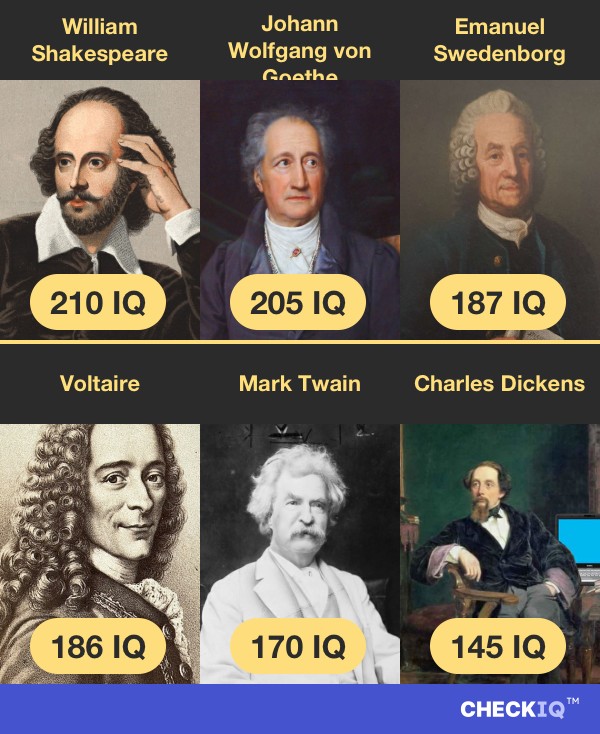
Did you expect William Shakespeare's IQ to be lower or higher than 210? Let us know in the comments section below!

Check Out the IQ of Other Famous People
-
 Jayne Mansfield149 IQ
Jayne Mansfield149 IQ -
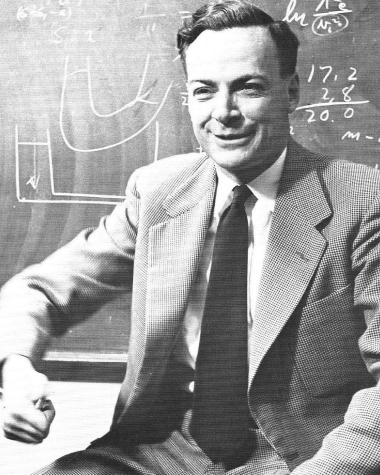 Richard Feynman124 IQ
Richard Feynman124 IQ -
 Bill Nye130 IQ
Bill Nye130 IQ -
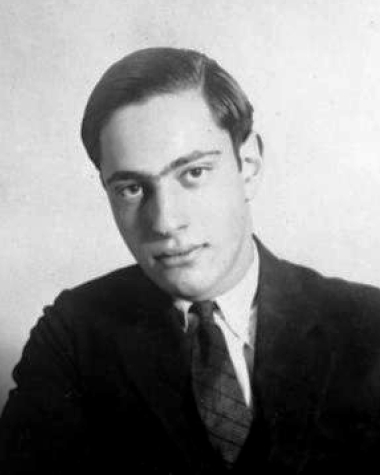 Nathan Leopold210 IQ
Nathan Leopold210 IQ -
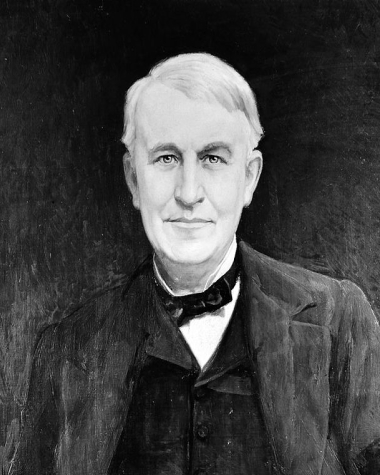 Thomas Edison167 IQ
Thomas Edison167 IQ -
 Sharon Stone154 IQ
Sharon Stone154 IQ

